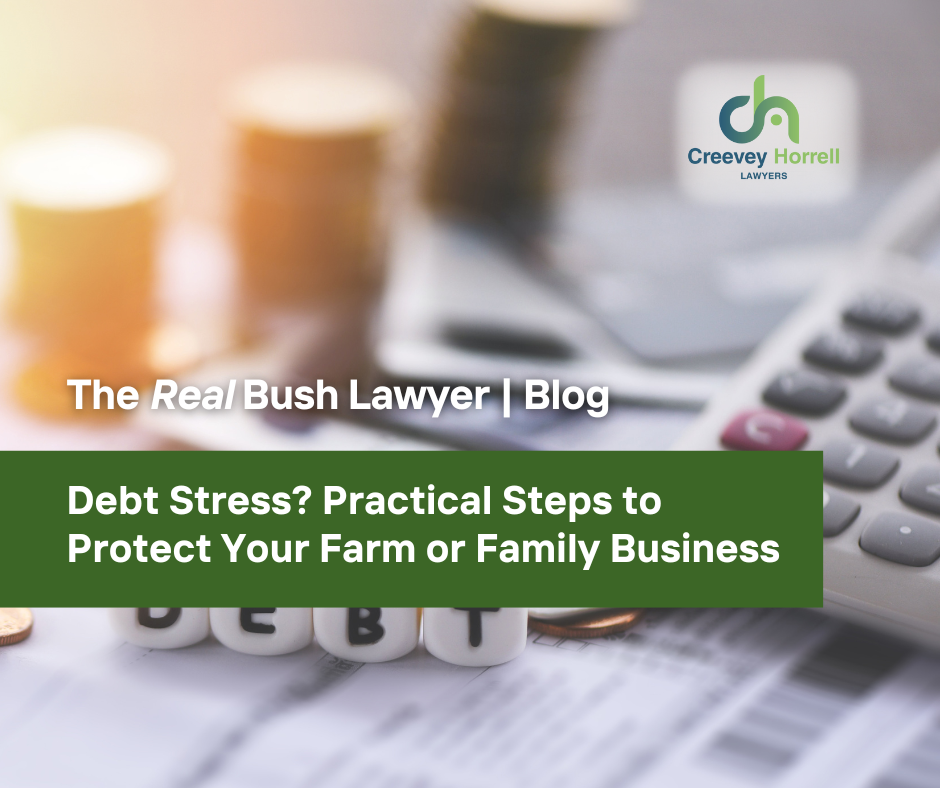MAKING PEACE WITH GOOD BEHAVIOUR: PEACE & GOOD BEHAVIOUR ORDERS QLD
- yyong59
- Jul 13, 2022
- 4 min read

Peace and Good Behaviour Orders, Queensland.
There may come time where you feel personally threatened by another member of the community, where your safety or condition of your property is at risk. Where do we go from here?
The court has several orders (orders being decisions made by the court) available to help those who need it. These will be put in place depending on your personal situation and the relationship between you and the person threatening you.
Those who are currently facing potential threat against themselves, or their property may consider going to the Magistrates Court to apply for a peace and good behaviour order.
What is a Peace and Good Behaviour order? A peace and good behaviour order requires the named individual to ‘keep the peace’ and ‘be of good behaviour’ towards you. (courts.qld.gov.au) A magistrate can also include additional orders or conditions as required by each case when making the order.
Therefore, the person placing threat upon you, your property, or someone under your care must cease their activity and no longer disturb you once the order is in place.
Made to protect your right for peace and quiet, the peace and good behaviour order rightfully favours those facing threat. Ideally, this order allows the applicant to regain their quality of life and return to (undisturbed) everyday activities.
The named individual is required to keep the peace and be of good behaviour for an outlined period of time, which is at the discretion of the Magistrates Court.
When should you apply for a Peace and Good Behaviour?
When deciding what kind of order to apply for; it comes down to what kind of relationship you have with the person in question.
If the person who is threatening you is one of the following:
• your neighbour; • your housemate; • your workmate; or • any other associate
And if that person has done one of the following:
• threatened to assault or do bodily injury to you or someone under your care—or has threatened to have someone else do it—and you fear this person because of this threat;
• threatened to destroy or damage your property—or threatened to have someone else do it—and you fear this person because of this threat; or
• displayed intentional conduct that has caused you to fear that the person will destroy or damage your property, or assault you;
You should apply for a peace and good behaviour order.
If the person was someone of a closer relation, such as a spouse or partner, family member or care relationship – a DVO (Domestic Violence Order) should be sought.
What do you need to prove?
For the court to provide the order, there must be satisfactory and indicative proof that the respondent has committed OR has threatened to commit an act, cause injury or damage against you and/or your property or has had another person to do it.
These requirements are set out In the Peace and Good Behaviour Act. You must prove that a person has threatened to:
• physically injure or assault you or someone under your care or charge;
• destroy or damage any of your property; or
• have someone else injure you or damage your property. There’s also a cause of application if you’re simply in fear of a person harming you or damaging your property; if this is the case, you’ll need to prove that you have fear for the person.
How do you apply for one?
If you believe this dispute will only be resolved with the help of the law, you’ll need to apply for a peace and good behaviour order at your local Magistrates Court. They’ll provide you with a complaint form, where you need to explain your reasons for complaint and outline the order you are seeking to make.
The complaint form needs to be signed in front of a qualified witness, generally a JP (Justice of the Peace). The signed and witnessed form need to get handed to your local Magistrates court. “I can't thank Mr Craig Van Der Hoven enough. He has represented me on several matters now. I couldn't be happier. Gave solid, helpful and clear advice on process and possible outcomes. Made me feel confident that he is actually on your side. On every matter I have found myself before the court and needing representation, Mr Van Der Hoven with the help of the team at Creevey Russell Lawyers argued my case successfully and I have been left smiling (And free to walk out of the court room)” – Oliver H
Before you apply, seek legal advice..
You should always seek professional legal guidance before going down any avenues of protection orders. This will ensure you’re going down the right avenue and have sufficient proof to ensure the making of the order.
Alternatively, you may have an order made against you. You should be looking for the best assistance in these cases to properly defend yourself.
You’ll be well catered for at Creevey Russell Lawyers, no matter your stance in these situations. Please contact us on 07 3009 6555 or email us at creeveyrussell@crlawyers.com.au




.png)




Comments